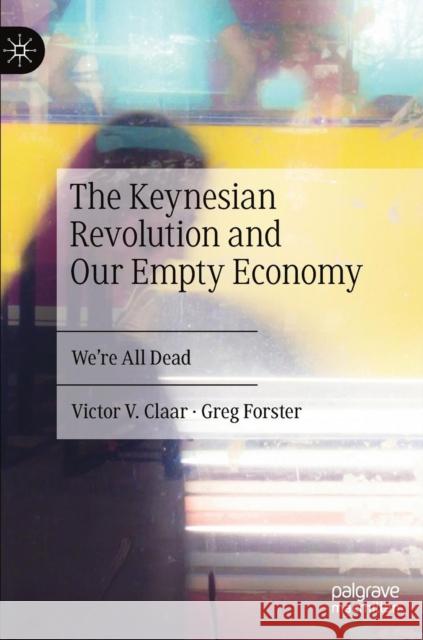The Keynesian Revolution and Our Empty Economy: We're All Dead » książka
topmenu
The Keynesian Revolution and Our Empty Economy: We're All Dead
ISBN-13: 9783030158071 / Angielski / Twarda / 2019 / 345 str.
Kategorie:
Kategorie BISAC:
Wydawca:
Palgrave MacMillan
Język:
Angielski
ISBN-13:
9783030158071
Rok wydania:
2019
Wydanie:
2019
Ilość stron:
345
Waga:
0.58 kg
Wymiary:
21.01 x 14.81 x 2.06
Oprawa:
Twarda
Wolumenów:
01
Dodatkowe informacje:
Wydanie ilustrowane











